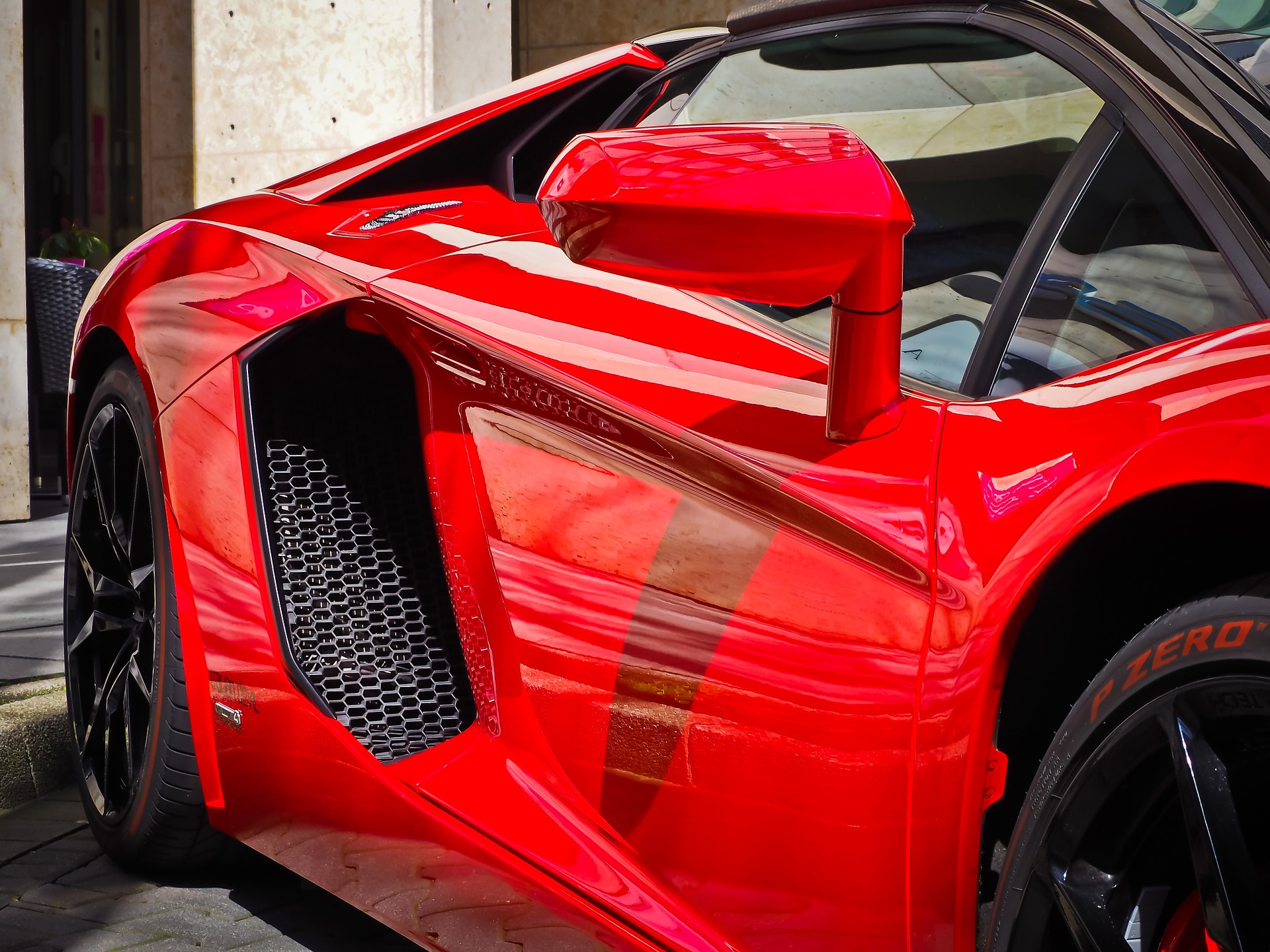
Ceramic window film is a type of window tinting film that is made from ceramic particles. It is designed to block out harmful UV rays, reduce glare, and increase privacy while also providing a variety of other benefits.
One of the main advantages of ceramic window film is its ability to block out UV rays. UV rays can cause damage to the skin and can contribute to the aging of the interior of a car or a building, such as cracking and fading of dashboard, seat, and other parts. Ceramic window film blocks out up to 99% of UV rays, which can help to protect both the occupants of the vehicle or building and the interior of the car or building.
Ceramic window film is also effective at blocking out heat from the sun. This can help to keep the interior of a vehicle or building cooler and more comfortable, even on hot summer days. This can also help to lower energy costs by reducing the need for air conditioning. Some ceramic films can cut down heat by over 80% in the summer months!
Ceramic window film is also effective at reducing glare from the sun, making it easier to see while driving or working. This can improve safety and reduce eye strain.
Another advantage of ceramic window film is its durability. Ceramic window film is a long-lasting solution that is resistant to fading and cracking, which makes it an ideal choice for car owners or building owners who want a long-lasting solution.
In addition to these benefits, ceramic window film can also provide increased privacy and can enhance the appearance of a vehicle or building.
It is important to consider the laws and regulations in your area before installing window tints, as some states and countries have restrictions on the percentage of tint allowed. Consult a professional to ensure proper installation and to get the best out of this product. Additionally, it’s important to make sure that the tinting film you choose is compatible with the car’s advanced glass technology, such as Tesla’s Autopilot sensor, or the building’s advanced glass technology, as some films may not be compatible with certain types of glass.